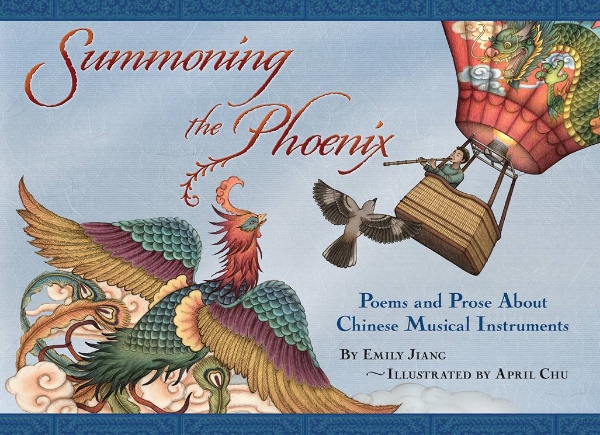Last year (2013) I read my first book from Margaret Atwood, The Edible Woman, and loved it. The way she threw fiction elements while making a very impressive critique of society was amazing for me, and so I wanted to keep reading her work. The Handmaid's Tale has been mentioned several times as an iconic part of her work and when I saw it on my recommended on Audible it was a no brainer to get myself a copy.
What the book is about
The book is set in a dystopian future, taking place mostly in what used to be Massachusetts. After a "terrorist" attack, a theocratic, Christian regime has taken over. Women have lost any right they might've had and all "sinners" (homosexuals, people who committed adultery, people of other faiths) have been either killed or "re educated" (are you cringing already?) . The story is told by a woman we learn to know as Offred, this implying that she is a possession of a man with Fred on his surname. Offred has been made a Handmaid which in this new country, more than servant, implies child bearer. It is explained through the book that due to chemical contamination, radiation and other factors, procreation has been in declined in the country, and hence the government have established that officials not only have a wife, but also access to women (the handmaids) that will carry their child, sort off surrogate mothers. After delivery, the child is given to the wife to raise. Offred's destiny depends on her submission and her ability to bear children.
First impressions
Listening to this book was hard, mostly because of the way women are treated, but also because you feel that this speculative work of fiction could easily take place again (references to other theocratic regimes are easily spotted, particularly Iran). Jumps from present to past are sometimes abrupt, but it carries a good feeling of how train of thought sometimes takes place and, in my case at least, makes the connection with the protagonist even deeper. That type of writing made me feel pain, angst and helplessness as Offred was feeling them too.
Final thoughts
Is hard for me to put into words my final thoughts. See, I have a lot of feelings when I think of this book, but they are not easy to put into paper, simply because they touch so deep. But let's try.
I felt rage as a woman, at to how women were treated. I've read some other reviews saying "well this would never happen; oh our society would never let this happen to women". And yet look at all the contraception legislation in the USA, most of the definitions are being taken by male politicians, and people are going with it.
I felt afraid of this being a plausible thing, maybe not right now where I am, but somewhere in the world there is right now a totalitarian movement, feeding, slowly maybe, and growing and getting more and more powerful. There are things that seem to happen suddenly when you are far away, but is just because you weren't in site to see the tiny changes that carried a big one. And this applies to any type of changes, positive or negative, particularly since this label is so subjective. The critic about how money was not physical anymore hit a stroke in me. I never thought about how I rely on plastic more and more. Not on credit, but I use my debit card most of the time and hence my contact with physical money has been decreasing more and more.
I felt sad at the different situations Offred had to go through, leaving her past behind, having so many memories, so many loved ones that she lost, almost overnight.
I felt a bit frustrated at the end of the book, because I wanted more closure, but at the same time, the way the author rounds the whole thing up, made me "forgive" the not knowing.
I loved Claire Danes as a narrator. At first I thought her tone was a bit flat, but this was at very beginning when the character was just stating facts. As emotions surged, as different characters appeared, so did new tones, new inflictions in her voice that made me get more into the whole story.
Nobody dies of lack of sex, is lack of love we die from








